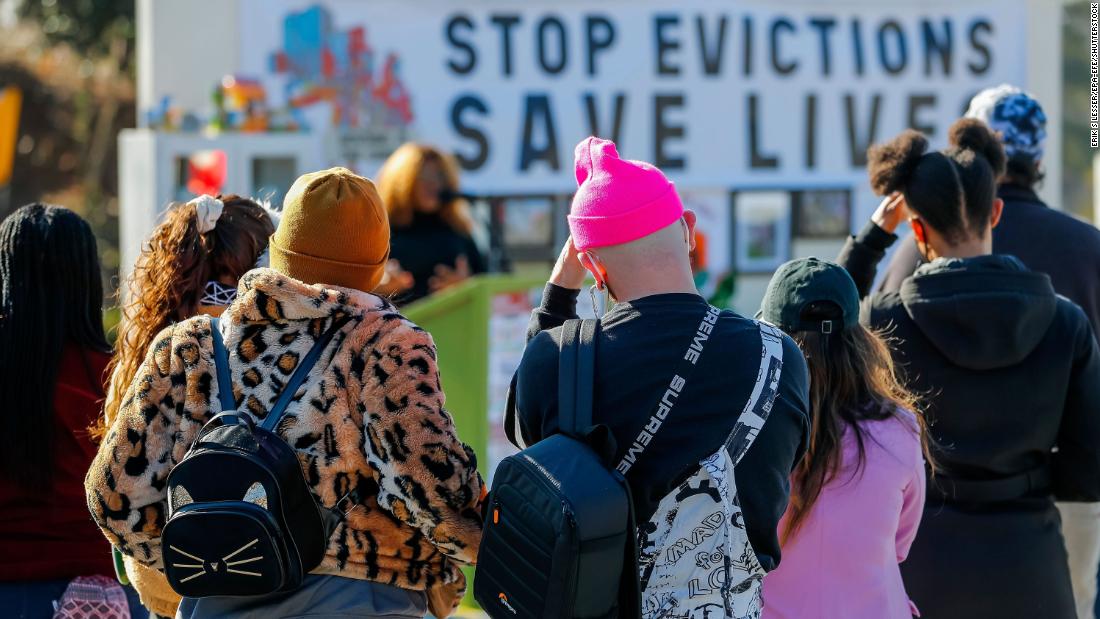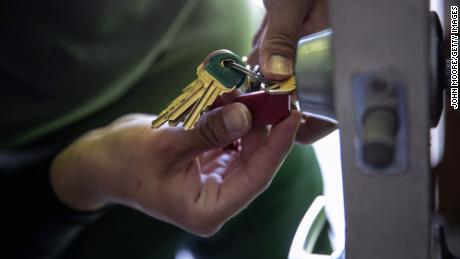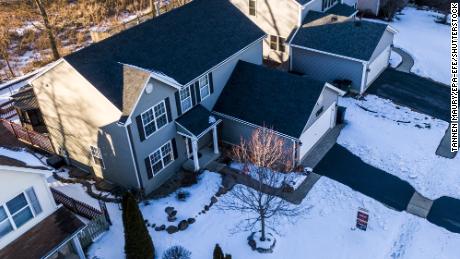CDC extends eviction moratorium until June 30
The Centers for Disease Control and Prevention extended its federal moratorium on eviction for non-payment of rent until June 30.
But now, as that expiration date rapidly approaches, the CDC is once again extending the deadline.
“The Covid-19 pandemic has presented a historic threat to the nation’s public health. Keeping people in their homes and out of crowded or congregate settings — like homeless shelters — by preventing evictions is a key step in helping to stop the spread of Covid-19,” said Rochelle P. Walensky, director of the CDC.
What the ban protects — and what it doesn’t
The federal ban on eviction provides protection to struggling renters who have given their landlord a declaration that they are unable to pay rent. They must agree to make their best effort to pay what they can.
But the moratorium is not rent relief. Once the ban is lifted, renters will be expected to pay their entire back rent or set up a payment plan with their landlord. Otherwise, they could face losing their home.
Keeping the ban in place until the rent relief from the stimulus packages can get into the hands of renters and their landlords is critical to preventing many people from losing their homes, said Diane Yentel, the president and chief executive officer of the National Low Income Housing Coalition.
“Extending the order is necessary to ensure that Covid-19 doesn’t start to spread through mass evictions, and in order to ensure that this emergency rental assistance gets out and does what it is intended to do,” Yentel told CNN Business in early March.
Too many evictions are still taking place, Yentel said. She’d like to see a blanket protection, not one in which the tenant is responsible for invoking it by providing their landlord with a declaration.
The CDC order imposes criminal penalties on landlords who violate the order, but enforcement has been slim, according to housing advocates, and there is no process for renters to file complaints against landlords in violation.
![]()






